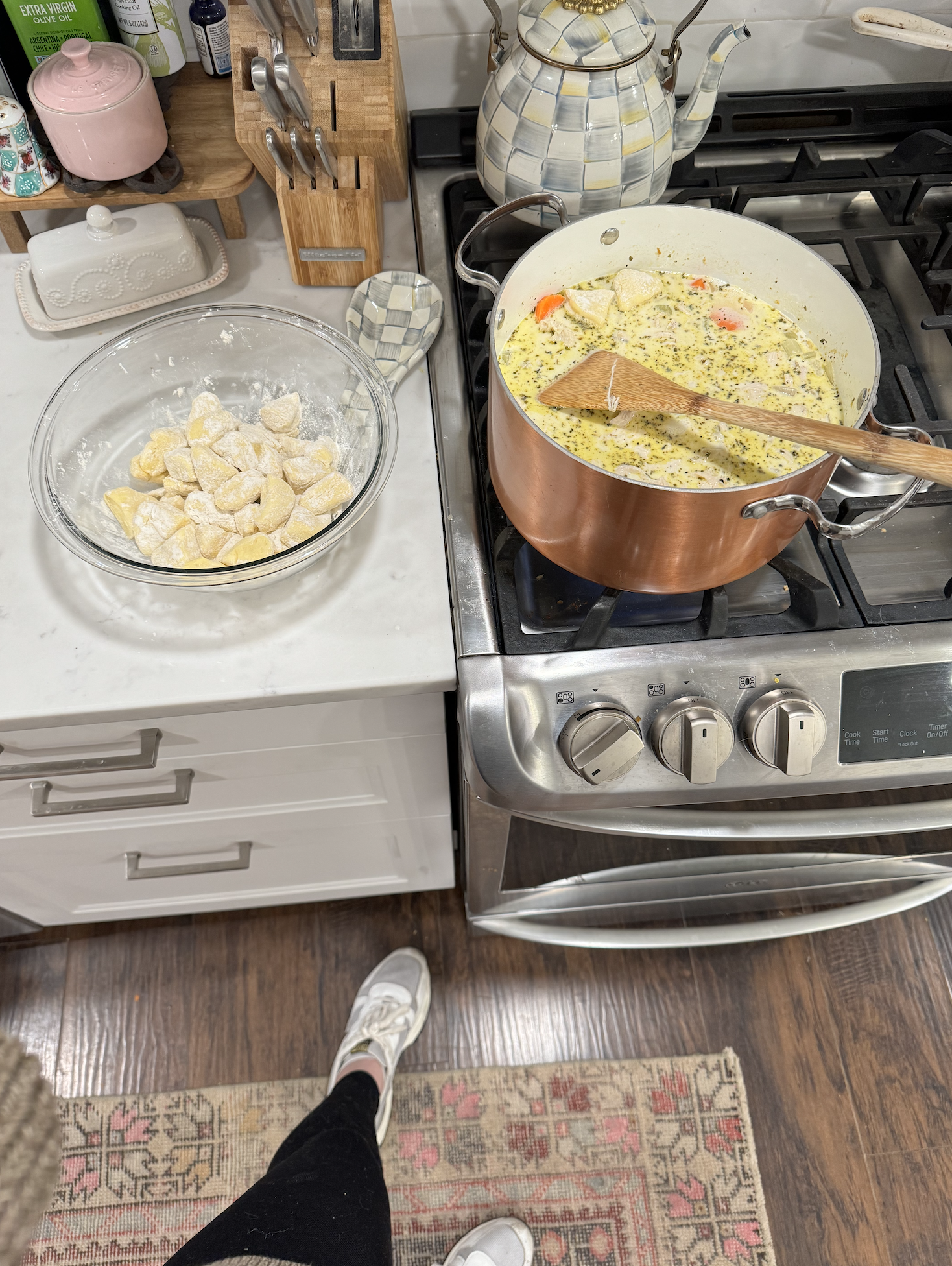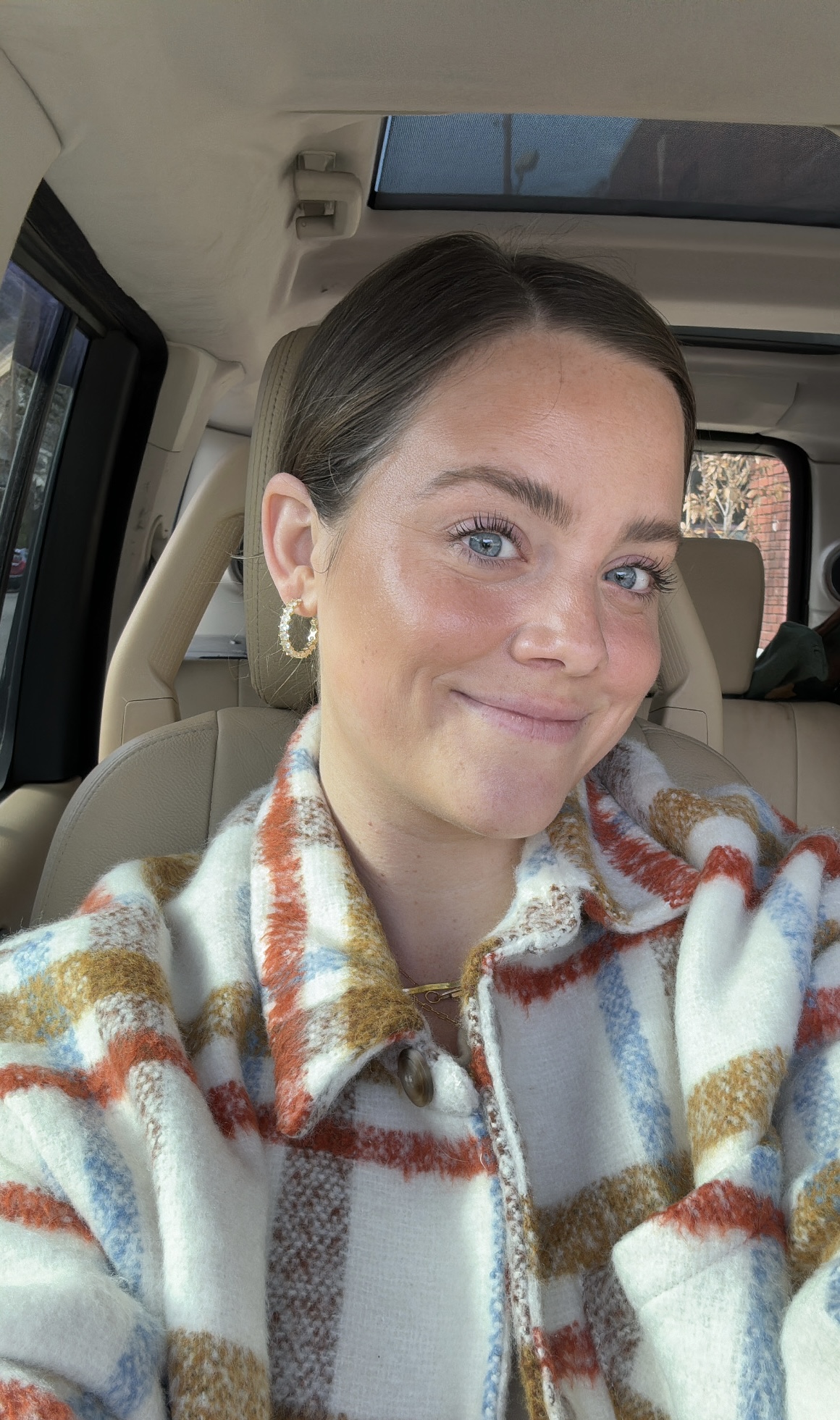Here’s a truth: there’s no “normal.” Everything is relative – we hear that all the time. My normal is different than your normal, which is different than his normal which is different from her normal. So, just because someone’s behavior isn’t “normal” to your lifestyle doesn’t mean that it’s not acceptable in general.
The autism spectrum is broad; therefore, offering numerous amounts of “normals” in this world. I saw the spectrum of “normal” appear in an encounter at the grocery store that happens too frequently to not be brought to attention.
I was shopping for my ingredients to make a chili about a year ago. I made it to the canned foods isle that was also shared with the chips and cookies. There, I was met by a boy and his mom in an escalated conversation that he couldn’t find “his favorite chips.” I recognized the frustration of the situation because of my experience with the autism spectrum in our family. The boy was upset that the store no longer offered (or maybe was out of stock) of the wavy potato chips. Instantly, he started screaming, having a temper tantrum (his “normal”) and the mother started applying pressure (a soothing technique for those that have sensory disorders) by giving him a great, big hug.
The bystanders were not pleased that this screaming and tantrum was ruining their “shopping experience.” The family of two started to gain enemies. People were scoffing, rolling their eyes, mumbling under their breath, “he needs to learn his manners.”
I then realized that their normal was not this family’s “normal” and vice versa.
I, too, have been the “mom” in this situation, calming down my brother when he gets frustrated, loving on him when he sees no hope, affirming him when he realizes that his “normal” is different than others.
Who’s to say that his “normal” is any less, any more unique or has any more special needs than our own?
How you can help? Tolerance. Encourage the care-takers, love on them, switch perspectives to aim to understand that family’s “normal.”
And to the moms, the dads, brothers and sisters of those that have a different “normal:”
There’s a community of us that understand, or at least want to. You too need a care taker, one that can love and support you when you just can’t do it any more. Remember that although your loved one’s body may be “broken” to the world, their Sprit is full and alive and not broken at all. Their capabilities and capacity to “do it” and “make it” are beyond your belief. And there’s people, including myself, to see it to the end until everyone sees their success as “normal.”
Hoping for a more tolerant and encouraging community,
Rachel
photography by Stefanie Madison





Beautifully said Rachel!!!!
We all need to apply this to our daily lives on many levels!